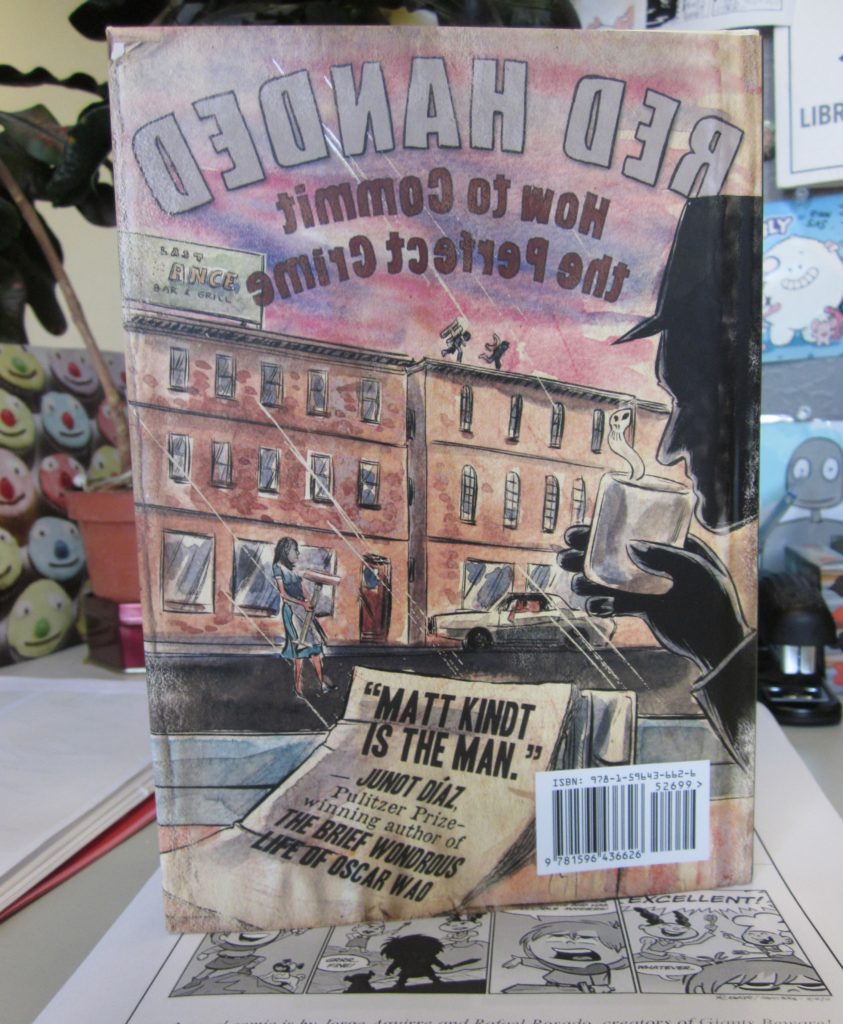But lately there has been a rash of crimes so eccentric and random that even Detective Gould is stumped. Will he discover the connection between the compulsive chair thief, the novelist who uses purloined street signs to write her magnum opus, and the photographer who secretly documents peoples' most anguished personal moments? Or will Detective Gould finally meet his match?
This is a wonderful, and wonderfully engaging take on the tradition of the hard boiled detective. In this world it is the art of theft, as much as the theft of art, that is important. And this poses a different kind of challenge to the indefatigable Detective Gould. But my favorite part is the interrogations, as suspect and detective engage in metaphysical and political discussions of the nature of crime.




No comments:
Post a Comment